Jeremić: Still no EU unity over Kosovo
The EU states are still far from a firm, common stand on Kosovo, Foreign Minister Vuk Jeremić says.
Sunday, 16.12.2007.
10:42

The EU states are still far from a firm, common stand on Kosovo, Foreign Minister Vuk Jeremic says. Jeremic was speaking for B92 when he said that Friday's EU summit in Brussels "clearly and explicitly" stated that Serbia's EU path and the solving of the Kosovo status issue were "two different processes". Jeremic: Still no EU unity over Kosovo According to him, "another encouraging sign" is that the EU for the first time gave a clear and solid signal that Serbia's accelerated integration was possible. The chief of the Serbian diplomacy added that Belgrade will welcome an EU mission in Kosovo, but only once it obtains a valid UN Security Council mandate. "Weeks and months ahead will be spent on continuing this hard diplomatic battle within the EU, because the Union does not yet have a clearly defined position," he said. As for dissonant voices heard in Brussels, Jeremic, a Democrat, said that under such circumstances, only the stances of the country holding the EU presidency and that of its high foreign policy representative should be watched, as it was their task to find a common denominator between the 27-nation bloc. Another cabinet minister, Slobodan Samardzic of the DSS, who is in charge of Kosovo, expressed a different stand yesterday when he said that the latest EU conclusions imply "a certain process of a unilateral solution for Kosovo and Metohija or unilateral acceptance of independence, as well as giving a green light to EU member-states to start recognizing the province as an independent state." "That is what we feared and why we were apprehensive. It can be seen from the official conclusion that the European Union has started conditioning the resolving of the status of Kosovo and Metohija with Serbia's integration processes with Europe," Samardzic said in a statement for Tanjug. "This would cause grave consequences for the region and for Europe, and also for the relations between Serbia and the EU," the minister said. "With that move the EU would jeopardize everything that was built from October 2000 until today in the relations between Serbia and the EU, and much has been achieved," Samardzic said, pointing out that Serbia is on the threshold of signing the Stabilization and Association Agreement (SAA). "I fear that the EU has done precisely that with this conclusion, and that it has given a bad signal for the future relations between the Union and Belgrade," Samardzic said. "Serbia remains firm in its stand that the question of Kosovo and Metohija must not be linked with any other issues and that this is the key for its future, and consequently also for its European future," Samardzic said.
Jeremić: Still no EU unity over Kosovo
According to him, "another encouraging sign" is that the EU for the first time gave a clear and solid signal that Serbia's accelerated integration was possible.The chief of the Serbian diplomacy added that Belgrade will welcome an EU mission in Kosovo, but only once it obtains a valid UN Security Council mandate.
"Weeks and months ahead will be spent on continuing this hard diplomatic battle within the EU, because the Union does not yet have a clearly defined position," he said.
As for dissonant voices heard in Brussels, Jeremić, a Democrat, said that under such circumstances, only the stances of the country holding the EU presidency and that of its high foreign policy representative should be watched, as it was their task to find a common denominator between the 27-nation bloc.
Another cabinet minister, Slobodan Samardžić of the DSS, who is in charge of Kosovo, expressed a different stand yesterday when he said that the latest EU conclusions imply "a certain process of a unilateral solution for Kosovo and Metohija or unilateral acceptance of independence, as well as giving a green light to EU member-states to start recognizing the province as an independent state."
"That is what we feared and why we were apprehensive. It can be seen from the official conclusion that the European Union has started conditioning the resolving of the status of Kosovo and Metohija with Serbia's integration processes with Europe," Samardžić said in a statement for Tanjug.
"This would cause grave consequences for the region and for Europe, and also for the relations between Serbia and the EU," the minister said.
"With that move the EU would jeopardize everything that was built from October 2000 until today in the relations between Serbia and the EU, and much has been achieved," Samardžić said, pointing out that Serbia is on the threshold of signing the Stabilization and Association Agreement (SAA).
"I fear that the EU has done precisely that with this conclusion, and that it has given a bad signal for the future relations between the Union and Belgrade," Samardžić said.
"Serbia remains firm in its stand that the question of Kosovo and Metohija must not be linked with any other issues and that this is the key for its future, and consequently also for its European future," Samardžić said.











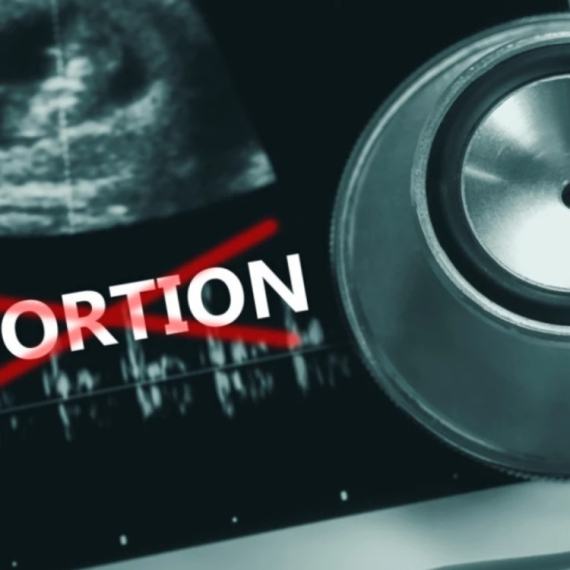



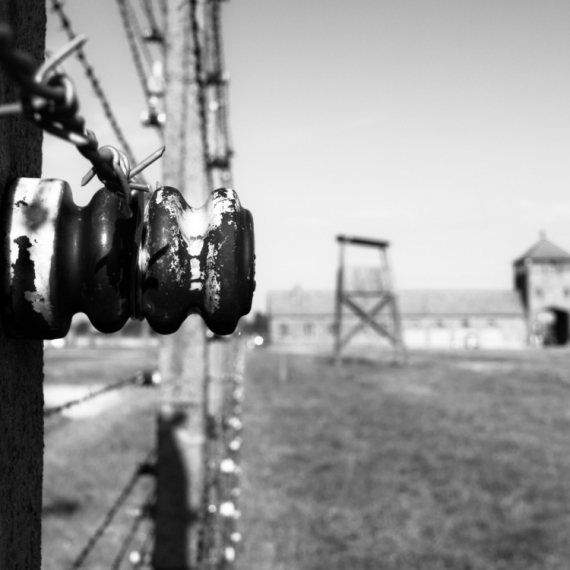

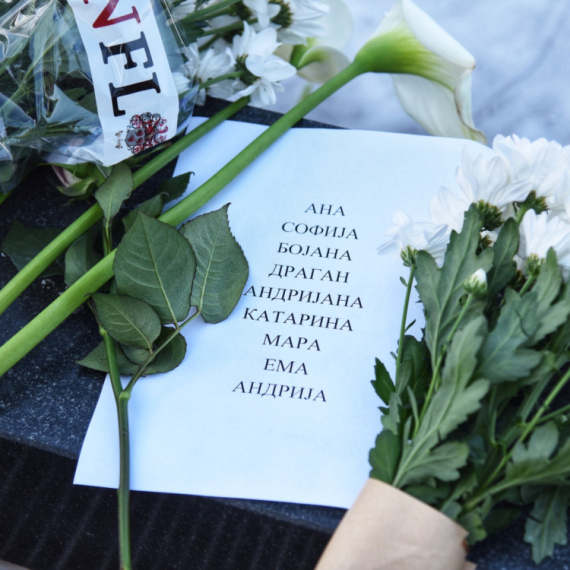































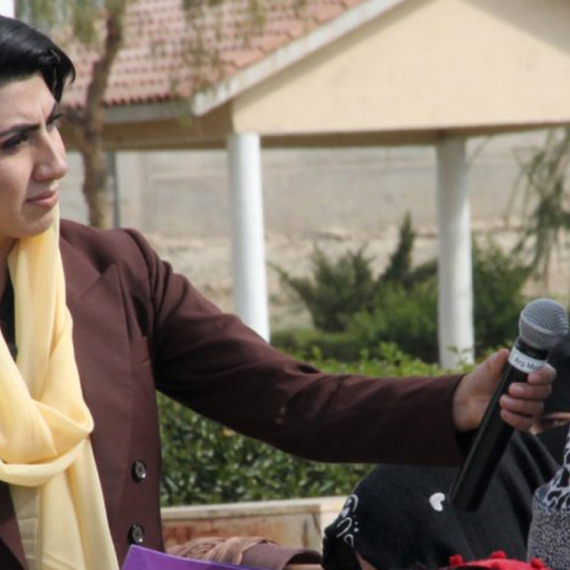

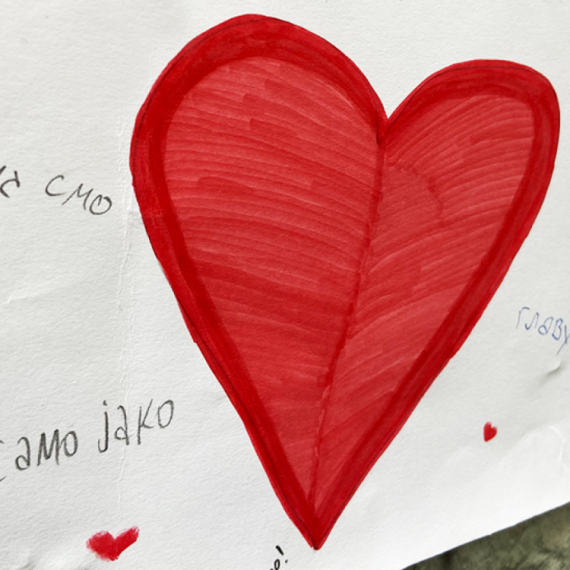


Komentari 17
Pogledaj komentare